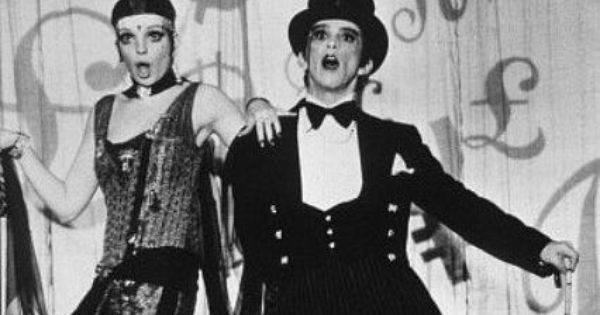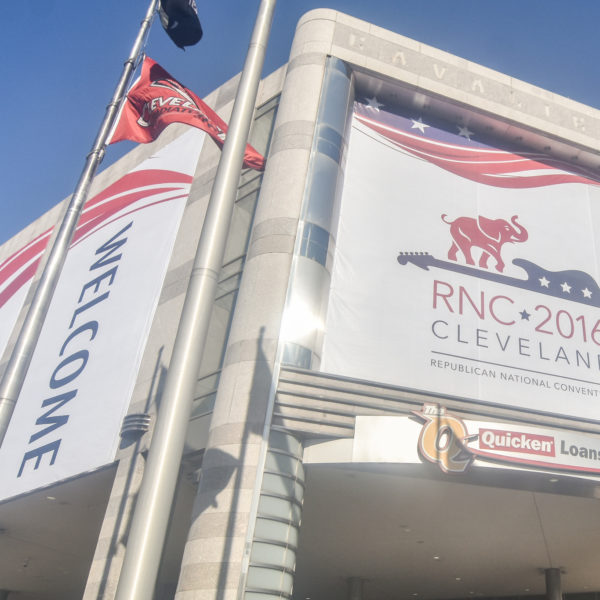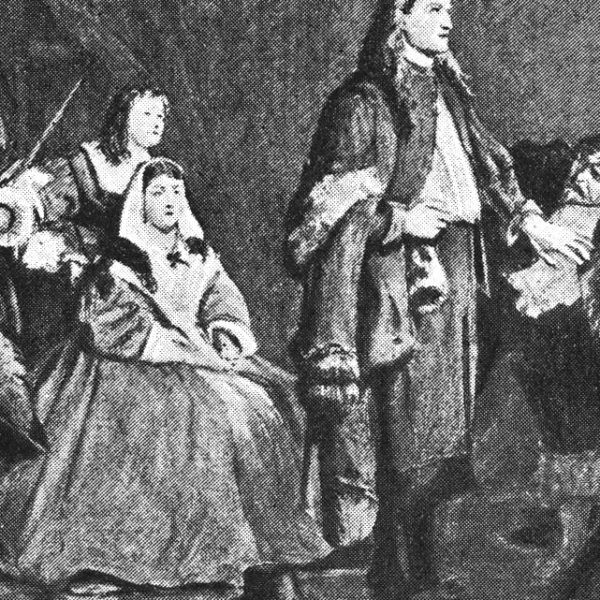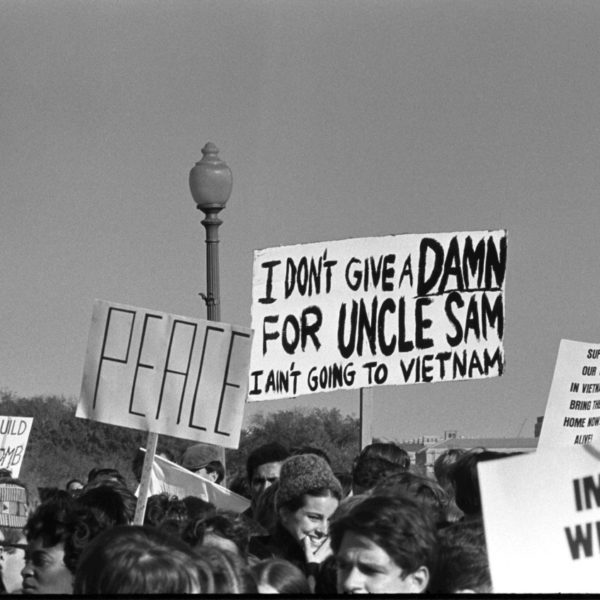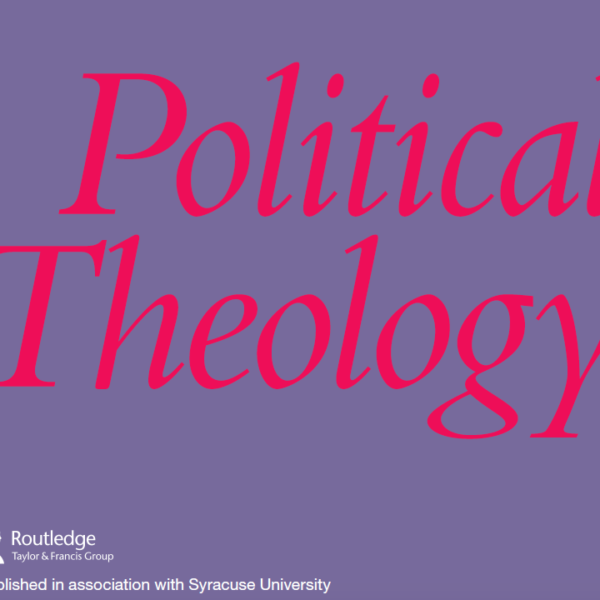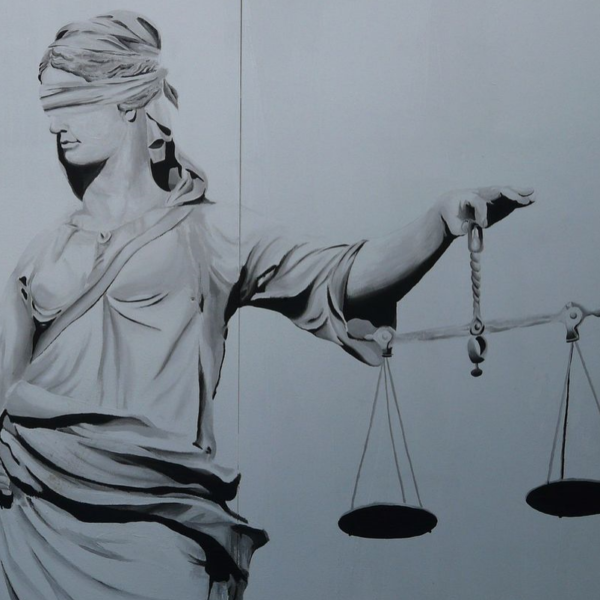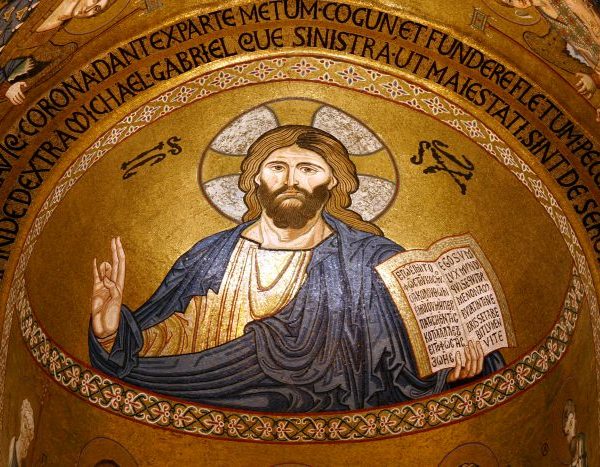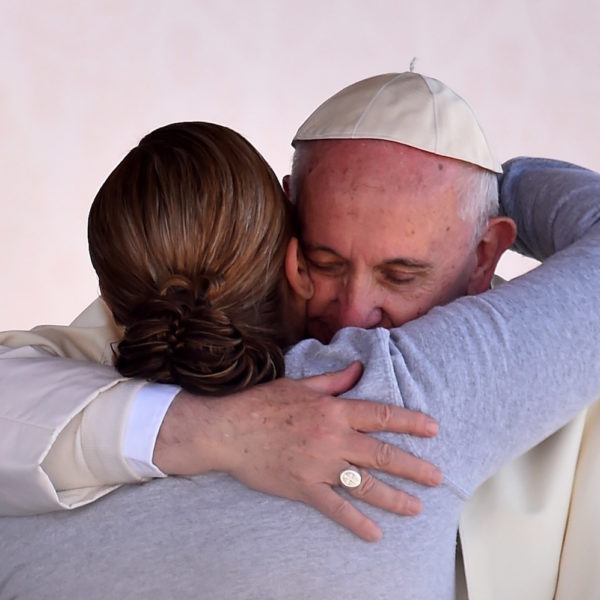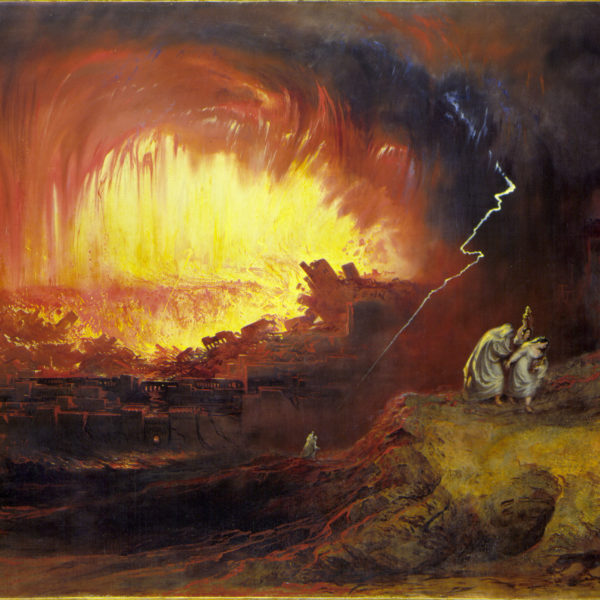
In the narrative of Abraham’s conversation with God concerning the destruction of Sodom we find an example of the faithful fulfilment of the calling of the people of God. We are to be those who seek to preserve the world from condemnation by our righteous and life-giving presence within it, tenaciously refusing to abandon it to its destruction.
